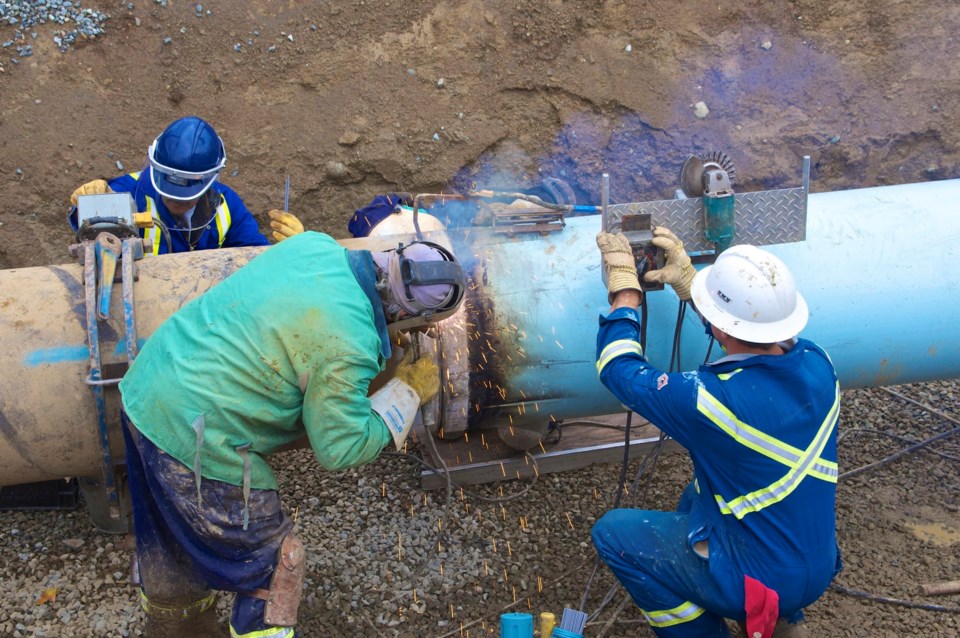The Federal Court of Appeal’s decision to halt the Trans Mountain pipeline should be of concern to every Canadian. I say this not because of the judgment that was pronounced, but because of the way it was reached.
The ruling is everything a court finding should not be: It is serpentine, capricious, longwinded (roughly 70,000 words) and as much personal intuition as logic.
The mission of our justice system is not merely to render verdicts. It is also to make the law clear and accessible.
We need our judges to establish principles that provide guidance in plain English. We need them to point the way in a manner that informed citizens, corporations or government agencies can comprehend.
Most important, we need them to ensure that anyone who might be the subject of litigation can understand with reasonable certainty what is required of them. And not just at the moment a ruling is brought down, but into the future, as well. This decision accomplishes none of these things.
Reading the judgment, you are struck by the sense that there is no law here. The judges meander through countless hearings and consultations that involved 400 interveners, 1,250 commentators and years of deliberation.
Nevertheless, despite this massive effort by the National Energy Board, the court pronounced the process inadequate.
This is particularly frustrating given the NEB followed to the letter requirements for consultation laid down by the Supreme Court of Canada in its Clyde River decision just last year.
Plowing on, the justices decided the NEB should have considered the downstream impacts of the project, such as increased tanker traffic. But where does this chain of causality end?
At the water’s edge in Vancouver? At a port in China? What about global warming? The orca population? Every major economic project has countless ramifications.
Hercules had only seven labours. Under this court, the NEB’s labours are infinite, for there is always another rock to be lifted.
This was not a legal hearing. It was a voyage of discovery by three judges intent on finding fault, even in circumstances where, by any fair assessment, there was none.
But it is more than that. It is a potential death blow to future resource projects, for it confers on First Nations the equivalent of a veto.
The Supreme Court of Canada has already said there is no such veto. The Court of Appeal paid lip service to that admonition.
But by slighting every attempt at consultation, a veto has in fact been conferred. For if this ruling stands, a consultation is only adequate if it produces an outcome agreeable to the interveners.
Some years back, an effort was made to inject into our court system a principle called Open Justice. This encouraged, in part, such measures as televising trials, publishing background documents and generally making our judiciary more transparent.
However, it also demanded that court proceedings, and the decisions rendered, be intelligible to the ordinary citizen and certainly to supplicants before the court.
Can anyone with a straight face say that is what happened here? In the aftermath of this ruling, is there a single person who understands what is now required to gain approval for a resource project in Canada?
I called the ruling capricious. But it can be viewed another way. Amending a quote by James Joyce (he was talking about the church, but the analogy is apposite), there is no heresy so abhorrent to our courts as someone else’s human judgment.
For that is where we are left — in the hands of a judicial system that can tolerate no wisdom but its own.
Down this road, the only source of light is in a courtroom. All else is mere groping in the dark.



